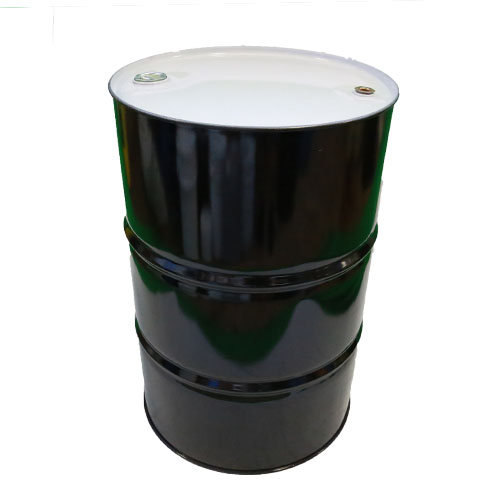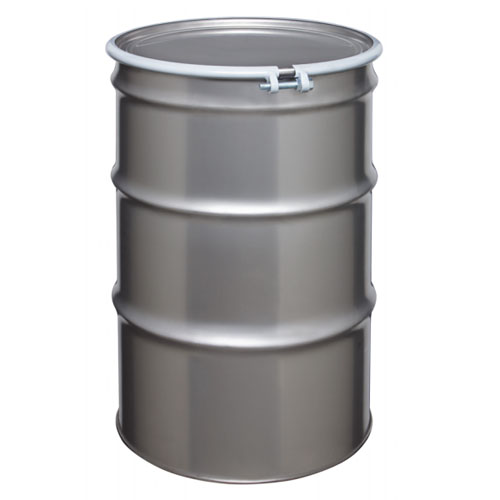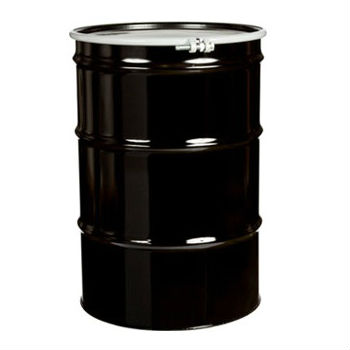Steel Drums and Hazardous Waste Disposal
There an array of industrial processes today that produce a lot of hazardous waste. From nuclear power plants to leftover drug chemicals created from the medical and pharmaceutical industries, proper hazardous waste disposal is essential to avoiding potential catastrophes. A number of chemicals can even be found in the average American household, such as battery acid, that can lead to disaster if not properly handled. Luckily, there is a system in place to deal with harmful waste.
Hazardous waste encompasses pretty much anything that is flammable, corrosive, unstable or poisonous. This waste must first be sent to temporary storage facilities before continuing on with the disposal process. There are a number of different structures to store hazardous waste depending on the type of waste to be stored.
The first type storage structure are sealed containers. These are either plastic or metal 55 gallon industrial drums depending on the nature of the waste. Steel drums are portable and sealable but are not suitable for holding corrosive materials. It is important to make sure the material of the barrel is not reactive to the hazardous waste being contained. The next structures are containment buildings. These are completely enclosed structures with four walls, a floor and a roof. These buildings must not come into contact with any other building or structure.
Surface impoundments are natural or man-made depressions in the ground, lined with heavy plastic so hazardous waste does not leak through. Tanks that contain hazardous waste are non-portable structures made of concrete, steel, fiberglass or plastic can be completely enclosed or open-topped. Last of the structures are waste piles, which are much like the surface impoundments. These are ground-level mounds of hazardous waste that are lined underneath with impenetrable materials and are completely open.
All of these structures provide temporary storage for hazardous materials. The materials will eventually be moved to a facility where they can be treated to be less hazardous. After treatment, the materials will go to a facility specifically designed for the disposal of toxic waste. These facilities must be government certified and to ensure they meet all the safety requirements.
 |  |  |
| Steel Drums- Rahway Steel Drum Company, Inc. | Steel Drums- Rahway Steel Drum Company, Inc. | Steel Drums- Container Distributors, Inc. |


 Castings & Forgings
Castings & Forgings Bulk Material Handling
Bulk Material Handling Electrical & Electronic Components
Electrical & Electronic Components Flow Instrumentation
Flow Instrumentation Hardware
Hardware Material Handling Equipment
Material Handling Equipment Metal Cutting Services
Metal Cutting Services Metal Forming Services
Metal Forming Services Metal Suppliers
Metal Suppliers Motion Control Products
Motion Control Products Plant & Facility Equipment
Plant & Facility Equipment Plant & Facility Supplies
Plant & Facility Supplies Plastic Molding Processes
Plastic Molding Processes Pumps & Valves
Pumps & Valves Recycling Equipment
Recycling Equipment Rubber Products & Services
Rubber Products & Services